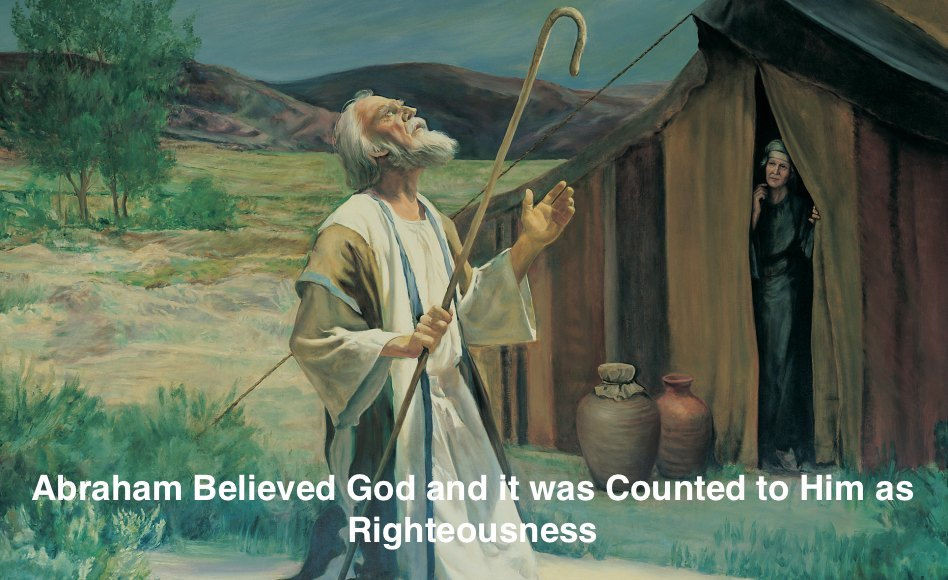Jesus said, “I AM the Good Shepherd."
- Keith Thomas
- Mar 11, 2022
- 3 min read

We continue to think about the many times that Jesus used the Greek translation of I AM, the name by which God revealed His identity to Moses (Exodus 3:14). In John's gospel, Jesus made known to Israel His true identity by calling Himself by the divine name alongside a description of Himself as the Shepherd of Israel. The Lord said:
11“I am the good shepherd. The good shepherd lays down his life for the sheep. 12The hired hand is not the shepherd and does not own the sheep. So when he sees the wolf coming, he abandons the sheep and runs away. Then the wolf attacks the flock and scatters it. 13The man runs away because he is a hired hand and cares nothing for the sheep. 14“I am the good shepherd; I know my sheep and my sheep know me— 15just as the Father knows me and I know the Father—and I lay down my life for the sheep (John 10:11-15).
Here in verse fourteen, we find the fourth “I AM” statement paired with the phrase “good shepherd.” Jesus distinguishes between His shepherding and the false hireling shepherds of Israel that cared nothing for the sheep. William Barclay tells us about the two words in Greek translated 'good:'
"Jesus describes Himself as the good shepherd. Now in Greek, there are two words for good. There is agathos, which simply describes the moral quality of a thing; there is kalos, which means that in the goodness there is a quality of winsomeness, which makes it lovely. When Jesus is described as the good shepherd, the word is kalos. In him there is more than efficiency and more than fidelity; there is loveliness. Sometimes in a village or town, people speak of the good doctor. They are not thinking of the doctor's efficiency and skill as a physician; they are thinking of the sympathy and the kindness and the graciousness, which he brought with him and which made him the friend of all. In the picture of Jesus as the Good Shepherd, there is loveliness as well as strength and power."[1]
Jesus said, "I know my sheep and my sheep know me," He is saying that He is intimately acquainted with us. He knows us inside out. Theologians have a big word for this ability of God to know everything about us; they say that God is omniscient. He knows all things at all times. There is nothing that the Lord does not know. He never had to learn it; He doesn't have to read up on the day's happenings. We can never tell God anything He doesn’t already know about us. The Lord Jesus, being God, has the same knowledge of all things. He has perfect knowledge, wisdom, and understanding of all that goes on. Perfect knowledge is the accurate possession of the facts. Perfect wisdom is the proper application of the facts, and perfect understanding is that He fully perceives and interprets the facts. Omniscience makes God infallible; He is incapable of error or omission (Psalm 139:1-10). How wonderful to know that even though He knows everything about us, He still loves us and cares for us. He indeed is the good shepherd—the lovely One!
We do not have that same ability for perfect knowledge, but we can know Him intimately as Savior and Lord. As we grow in our relationship with Christ, we find enjoyment in being close to Him and knowing Him. Draw near to Him, and He will draw near to you (James 4:8). Keith Thomas
Taken from the series in the Gospel of John, click study 19. Jesus, the Good Shepherd.
[1]William Barclay, The Daily Study Bible, The Gospel of John, Saint Andrew Press, Edinburgh, page 62.








Comentarios